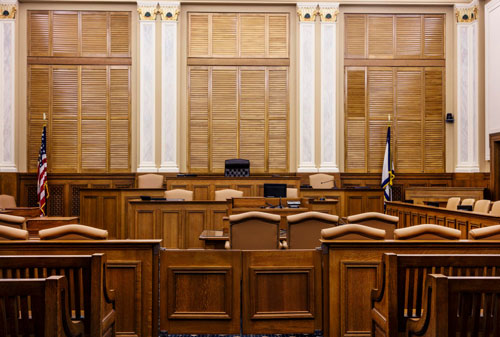The New Jersey Supreme Court continued in relevant part: N.J.R.E. 701 permits lay opinion testimony that “(a) is rationally based on the witness’ perception; and (b) will assist in understanding the witness’ testimony or determining a fact in issue.” And Rule 602, like Rule 701(a), has been held to require firsthand knowledge based on one’s senses. The Court reviews recent New Jersey case law applying Rules 701 and 602 to testimony by law enforcement officers. The Court also reviews case law from jurisdictions that have specifically considered lay witness testimony about a video. Courts have reached different conclusions as to whether a lay witness’s careful review of a recording before trial satisfies the “perception” or “personal knowledge” requirements embodied in Rules 701 and 602. Applying the equivalent of Rule 701(b), some courts have found that certain lay witness narration testimony can be “helpful” to the jury.
No single rule of evidence is a perfect fit for the type of narration evidence at issue here. Rather, Rules 701, 602, and 403 provide, in tandem, the proper framework to assess video narration evidence by a witness who did not observe events in real time. That individual is not an eyewitness to a crime, but rather is commenting on an independent source of evidence — an objective recording of the event — based on the witness’s direct perception of the video. An investigator who has carefully reviewed a video a sufficient number of times prior to trial can therefore satisfy the rules’ “perception” and “personal knowledge” requirements as to what the video depicts, as in United States v. Begay, 42 F.3d 486, 502-03 (9th Cir. 1994) (an officer who had watched a recording more than 100 times and had prepared an enhanced version of portions of the video “had sufficient personal knowledge” to narrate the enhanced video), and United States v. Torralba-Mendia, 784 F.3d 652, 659 (9th Cir. 2015) (an officer who “had watched each video roughly fifty times” could provide narration).
With the advent of “deep fake” videos, every video is not “an objective recording of an event.” Some are fabricated.

